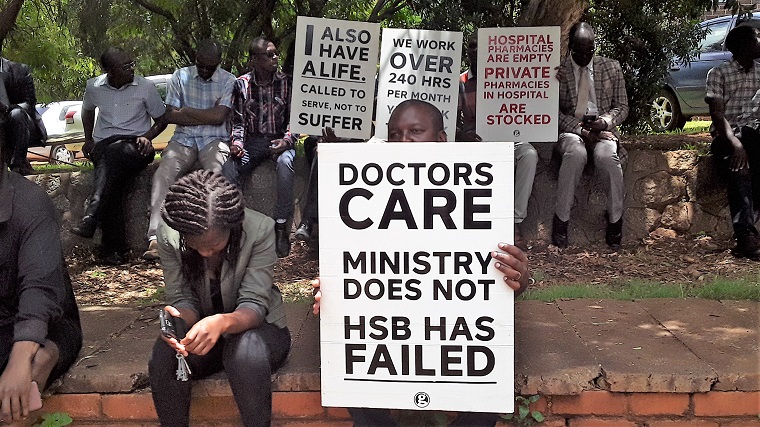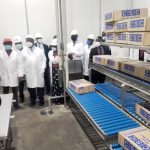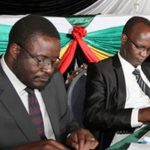Last Wednesday, on November 16, 2022, I had the rare honour to bid farewell to a team of four young Zimbabwean doctors who left for the sister Republic of Kenya. They are set to do voluntary cleft lip and cleft palate surgery in that country.
Cleft lip and cleft palate are congenital disorders where an infant is born with separations or splits in the lip and mouth. If left unattended, these disorders often cause problems with eating, drinking and speech, and are a source of stigma as the affected child grows up with that condition.
Here in Zimbabwe, I am told we pick up to 500 such cases yearly. Corrective surgery is usually done as early as three months after birth, up to teenage years. It is a delicate procedure calling for specialised, multidisciplinary medical intervention.
The Zimbabwean team comprises a senior surgeon, Dr Manana, two anaesthetic specialists, Dr Marange and Dr Kasule, and the team leader, Dr Danda. The team went under the umbrella of a humanitarian organisation called Love Without Reason, and will work on Kenyan children for just under a week. We wish them well in this worthy effort.
I have said Zimbabwe picks about 500 such cases each year. We do corrective surgery on slightly over 100 such cases yearly. This means we carry forward more than 300 cases each year. We are still far from encompassing the problem. The good thing is that we now have corrective capacity and competence in the country, something many African nations are yet to have. I am very happy there is this outward, Pan-African outlook by our young medical professionals.
The Second Republic continues to invest in the country’s health sector. Barely a month ago, I officially opened a massive warehouse for stocking drugs for our Nation. This facility, built through a Chinese grant, is for National Pharmaceutical Company, (NatPharm). It is a facility which now allows us to stock medicines and other sensitive accessories we need in all our health facilities countrywide. The coming budget, coupled with support from our international partners, should see us fully stocking the facility, thereby improving availability of medicines and accessories in the country. This is a giant step forward for our Nation.
Also a few weeks ago, I officially opened the Great Zimbabwe University Medical School, bringing to four the medical schools we now have in the country. These are at Universities of Zimbabwe (UZ), National University of Science and Technology (NUST), Midlands State University (MSU), and now the Great Zimbabwe University Medical School.
In our Southern African region, we now rank second to South Africa, which has 10 such schools of medicine. Our goal is to have as many training facilities for medical staff as would ensure that our doctor-to-patient ratio continues to improve all the time. We are still far from that important goal.
The number of medical practitioners in the country remains unsatisfactorily low. I am told we have 3 777 registered medical practitioners in the country. Of this number, 1 982 are General Medical Officers; 713 are specialists; 250 are dentists, while 627 are interns. We have to boost our medical corps.
I am aware that such a goal takes time, and a lot more than just the availability of training facilities. We have to competitively reward our doctors in order to guarantee greater staff retention in our hospitals, and in the country. Many of our doctors continue to leave the country for greener pastures; they are hotly sought after, particularly in the rich West, because of our superior training facilities. The Second Republic has to treat in-country medical staff retention as a foremost national goal. More visible and substantive steps will be taken in the near future to improve the working conditions for our medical staff.
In my interaction with this specialised team which left for Kenya, the need to equip and modernise our hospitals and clinics was underscored.
Continued next page
(84 VIEWS)


